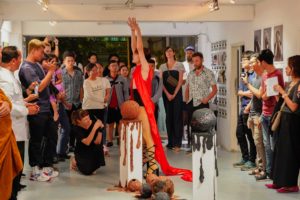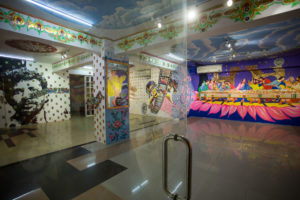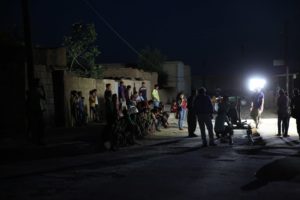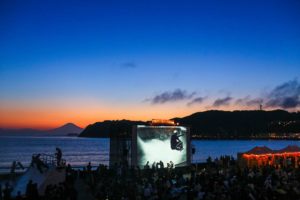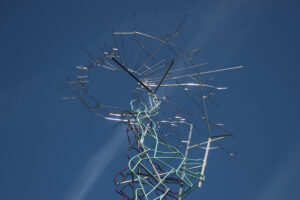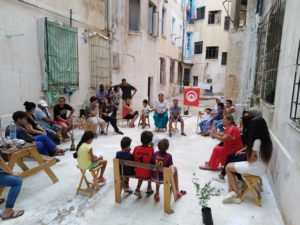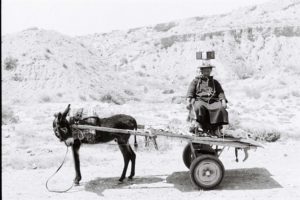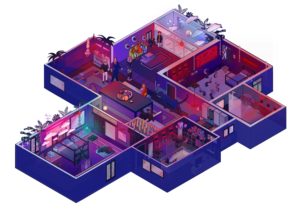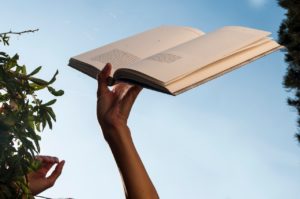The Question of Funding is a growing collective of cultural producers and community organizers from Palestine. By producing, documenting, accumulating, and disseminating resources, experience, and knowledge with their wider community, it aims to rethink the economy of funding and how it affects cultural production both in Palestine and the world.
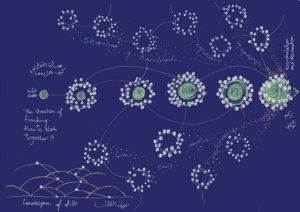
The Question of Funding, The Question of Funding, 2020
The collective was formed in 2019 by a group of individuals engaged in different facets of the cultural sector, from working for non-governmental cultural institutions dependent on international funding (such as Khalil Sakakini Cultural Center, Grassroots Al-Quds, and the Popular Art Center) and foundations and cultural centers (including Al-Basta Theatre, Dalia Association, and Rawa Fund), to practicing as independent practitioners.
Born out of informal and open encounters within Palestine’s wider arts community, The Question of Funding sought to question, debate, and find solutions to the prevalent constrictive international funding models on which Palestinian cultural institutions continue to depend.* These encounters grew beyond the cultural sphere to include the wider Palestinian community. They touched on pressing issues concerning the political and economic roles of cultural work, both within and outside the institution, and their impact on cultural infrastructures in Palestine and worldwide.
Central to these encounters was the recurrent and urgent question, “How to Work Together?” In response, The Question of Funding aims to bring together individuals and collectives actively working to find alternative economic structures that can resist the physical and geographical boundaries and restrictions in Palestine and, hopefully, beyond it. To this end, the collective is currently developing a community-governed economic system that will facilitate and connect local production from diverse sectors, such as agriculture, arts and culture, and small creative businesses, to foster social development and unity.
In the context of documenta fifteen, The Question of Funding is creating a communal economic model that combines trust and zero trust systems based on blockchain technologies. It will also co-curate an exhibition with Gazan artist collective Eltiqa; host events and workshops with several local grassroots organizations based in Kassel; publish illustrated books that narrate the alternative economy it aims to build in Palestine; and create a website to serve as an interactive repository for the growing documentation, dialogues, and thinking processes engaged by the collective.
*Since the signing of the Oslo Accords in 1993, Palestinian cultural institutions have undergone structural changes due to international funding and have experienced conditional funding that has affected artistic production and community cultural organizing.
Invited participants
Eltiqa exhibition research
Adele Jarrar
Mohammad Amal Nazeeh
Nicola Gray
Shayma Al Bess
Siwar Kraitem
Ziad Haj Ali
Eltiqa Exhibition artists
Dina Matter
Mohammad Al Hawajri
Mohammed Abusal
Raed Issa
Rauof Al Ajouri
Childern books
Hadeel Badarni
Hassan Zahredddine
Hatem Imam
Larissa Bender
Mona Kareem
Omar Layza
Sahar Abdallah
Samir Skayni
Studio Safar
Yousri Al Amir
Dayra
Abdelwahab Zoabi
Basel Nasr
Ibrahim Owais
Mutsaem Jobran
Qusai Jode
Sami Khaldi
Shurouq Qawariq
Studio Kawakeb
Website
Arine Aprahamian
Farah Fayyad
Hussein Nassereddine
How to work together
Akef Darawsheh
Fadya Salfiti
Fayrouz Sharqawi
Hadeel Yaqoub
Hussam Ghosheh
Iman Hammouri
Lina Isma’il
Majid Doghlas
Nisreen Mazawi
Rami Massad
Raya Ziada
AKA Network
Collective of collectives based in Kassel
Baskom and Jam on Jam on Jam on Jam
Daniel Aguilar Ruvalcaba
Diana Cantarey
Julian Abraham
özgür atlagan
Simnikiwe Buhlungu
Sungeun Lee
Question of Funding
Amany Khalifa
Lara Khaldi
Noor Abed
Rayya Badran
Yazan Khalili
